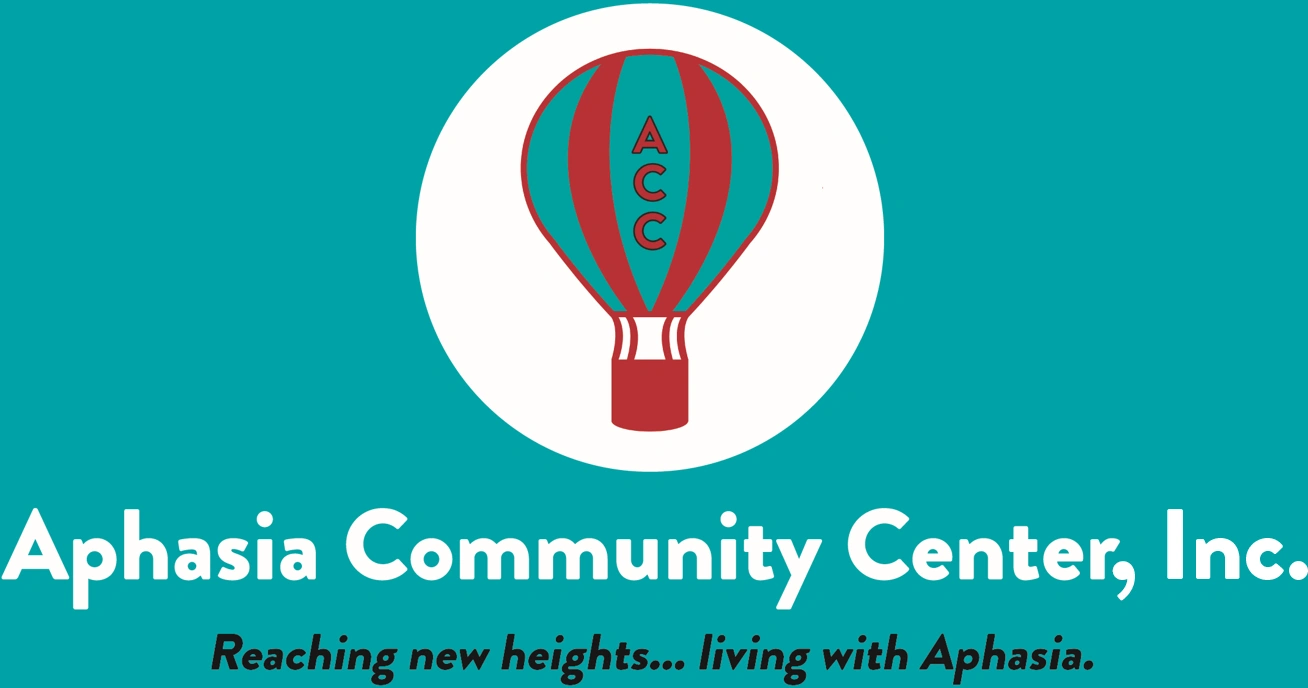by Donna Polelle, Ph.D., CCC-SLP
Persons with Aphasia experience a loss of communication, leading to frustration and social isolation. In addition, Aphasia affects relationships, roles, identity, everyday functioning, and daily activities. According to Dr. Rebecca Hunting Pompon (2022), these consequences of Aphasia lead to long-term stress, which can affect physical and mental health. Anxiety associated with loss and grief can trigger “heart disease, cancer, and the common cold, as well as psychiatric disorders like depression and anxiety” (Schimelpfening, 2022).
Losses in communication, friendships, employment, and the loss of pre-aphasia home and community life are everyday experiences for those with Aphasia. Grief can occur as a result of these losses or other chronic impairments. Symptoms of grief include intense sadness, difficulty sleeping, reduced appetite, and weight loss. While grief shares characteristics with major depression, grief occurs in waves triggered by situations and tends to decrease over time. Most grief symptoms also resolve in months or a year following the loss event; however, grief can also trigger a major depressive disorder. Depression tends to be more pervasive and consistent regardless of the situation.
Depression is common in persons with Aphasia after a stroke. Major depression occurs in:
- 40-60% of stroke survivors with Aphasia,
- 30% of all stroke survivors,
- 8% of the general adult population.
Research reveals that depressive symptoms are not just related to the acute onset of Aphasia but may occur at any time after the onset of Aphasia.
Individuals with grief or depression are encouraged to talk to a doctor or mental health professional. Support groups also help individuals with depression or grief by providing encouragement and a place to share experiences and discuss challenges. In Sarasota, persons with Aphasia, their family, and friends are encouraged to attend the Suncoast Aphasia Support Group. This free support group meets once monthly from 5:30 – 7 pm at Doctors Hospital in the Auditorium (Room 170). Click on the calendar tab on the Aphasia Community Center website for the dates of upcoming meetings.
Want to know more about stress, grief, depression, and Aphasia? Attend the National Aphasia Association’s “Ask the Expert” online chat featuring Dr. Pompon on September 14, 2023, at 7 pm (ET). She will speak about the impact of stress and depression in persons with Aphasia after a stroke. For more information, see the NAA’s Ask the Expert page.
References
Pompon, R. H. (2022). 20Q: 20 Questions About Mental Health, Aphasia, and the SLP’s Role. SpeechPathology.com. Article 20528. Available at www.speechpathology.com
Schimelpfening, N. (2022, June 20). Grief vs. depression: Which is it? Verywellmind. https://www.verywellmind.com/grief-and-depression-1067237

